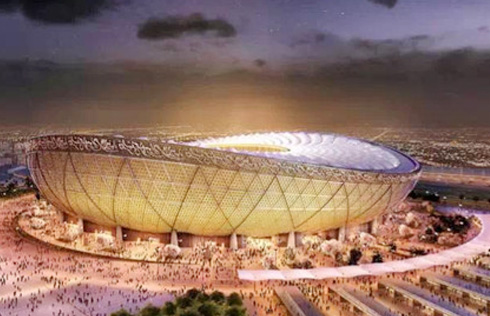Rift deepens among S. Korean politicians over ways to remove president
Prosecutors said Park had been complicit in forcing large business conglomerates to donate tens of thousands of US dollars to two nonprofit foundations Choi actually controlled.
According to the prosecution office, Park pressured a conglomerate into giving business favors to a public relations agency owned by Choi, while conniving at the leakage of confidential presidential documents to her longtime confidante.
Park's Tuesday address came just three days before the widely expected vote on a bill to impeach the embattled president in the National Assembly.
The scandal-hit president threw the ball of decision on her fate to parliament, saying she would follow the parliamentary decision.
A majority of South Koreans looked further enraged by Park's speech. According to a survey by ResearchView, three quarters of South Koreans said that the third address was a "political trick" to avoid impeachment. Over seven out of 10 respondents demanded the impeachment vote as scheduled.
Under the country's constitution, impeachment and constitutional amendment are the only options to cut short Park's single, five-year term as the scandal-plagued leader refused to resign voluntarily.
Kim, the former Saenuri chief, reportedly said his anti-Park faction would vote on a bill to impeach Park unless the president accepts the faction's call to voluntarily resign by next April, but he indicated no need for impeachment vote if Park accepts it.
Choo of the Minjoo Party stressed the importance of the impeachment motion to be passed through the National Assembly by next Friday when the regular session ends. The main opposition party head demanded Park step down by the end of next January.
The first South Korean female leader's single presidency is scheduled to end in February 2018.




















